
The Raging River
"If I have to hold on to you, Daddy, there's a big danger that I'll let go, because I'm weak. But if you hold on to me, I know for sure that nothing bad can happen…"

A young boy and his father were crossing a raging river. The father was worried that his son would fall into the dangerous rapids, so he asked, “My son, hold on tight to me. I don’t want you to fall into the river.”
The son said, “No, Daddy – you hold my hand.”
“What’s the difference?” asked the surprised father.
“There’s a big difference,” the boy answered. “If I have to hold on to you, the chances are great that I might let go, because I’m frail. But if you hold my hand, I know for sure that nothing bad can happen to me, because you are so strong and you’ll never let go of me.”
* * *
The biggest gift we can give our children is the security that we’ll always be there for them. We won’t let go of them even when they let go of themselves. We won’t ignore their pain and we’ll be there for them when they need us, no matter what.
Why was I reminded of this story particularly now, before Rosh Hashanah?
Needy children and poor families are not tales from storybooks. They are part of our daily reality. As the Founder and Director of the Chut Shel Chesed Institutions, I personally know and encounter many families for whom the term “can’t make ends meet” is the understatement of the year. They simply can’t afford to feed their children, especially with the constantly rising cost of living.
Sometimes, we too cross raging rivers. If we fall, there might not be anyone around to pull us out of the  water. There are those who hear the screams of people being pulled under by the current but choose to look the other way and let the little boy drown rather than get themselves wet. But, thanks to Hashem, there are people like you and me.
water. There are those who hear the screams of people being pulled under by the current but choose to look the other way and let the little boy drown rather than get themselves wet. But, thanks to Hashem, there are people like you and me.
One of the greatest expressions of gratitude for what we have is when we give to those who don’t have. For the needy, as the High Holidays draw near, their needs are trebled; together with their growing needs is their growing shame.
The holy Malbim writes that wise people understand that Hashem gives them abundance so that they can lend a helping hand and never let go of a needy brother or sister and their families. You can probably understand by now that the story of the father and son on the river is simply a parable of the Torah’s command never to let go of a needy brother (see Deuteronomy 15:11).
This is the time when Hashem judges the whole world at large and each person in particular. Unfortunately, those who are found lacking are liable to endure all types of difficulties and tribulations that atone for them. It doesn’t have to be this way.
What can a person do to mitigate stern judgments?
He or she can arrange a Pidyon Nefesh, literally, a “redemption of the soul”. This is a sum of money given to a worthy charity that has the same power as a sin offering in the Holy Temple that mitigates and atones for the stern judgments that one’s accumulated misdeeds over the year might have invoked. The power of voluntarily causing ourselves a “loss” so to speak by giving donations to needy families atones for a loss that could be a hundredfold more severe.
This unique opportunity is especially for you, my cherished friends.
How? When you donate your Pidyon Nefesh to the Chut Shel Chesed Institutions, I personally become your emissary to pray for you and your family in Uman on Rosh Hashanah, by the holy grave site of Rebbe Nachman of Breslev. This is the holy day when the Heavenly Court decides a person’s fate for the entire coming year.
If the Almighty has blessed you with the wherewithal, please donate by way of our website here – your blessing begins the moment you click on this link. If you prefer to speak with a representative, contact donations@breslev.co.il, +972523868452 on Whatsapp, or call 1-917-722-7795 on VOIP.
If you can’t afford to donate, you can surely help by passing this letter on to your friends and family.
May it be Hashem’s will that you be signed and sealed in the Book of Long Life for a wonderfully sweet New Year.
With blessings always,
Rabbi Shalom Arush


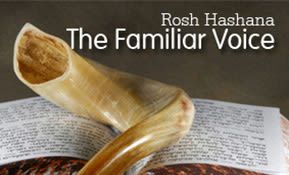
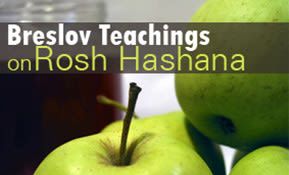

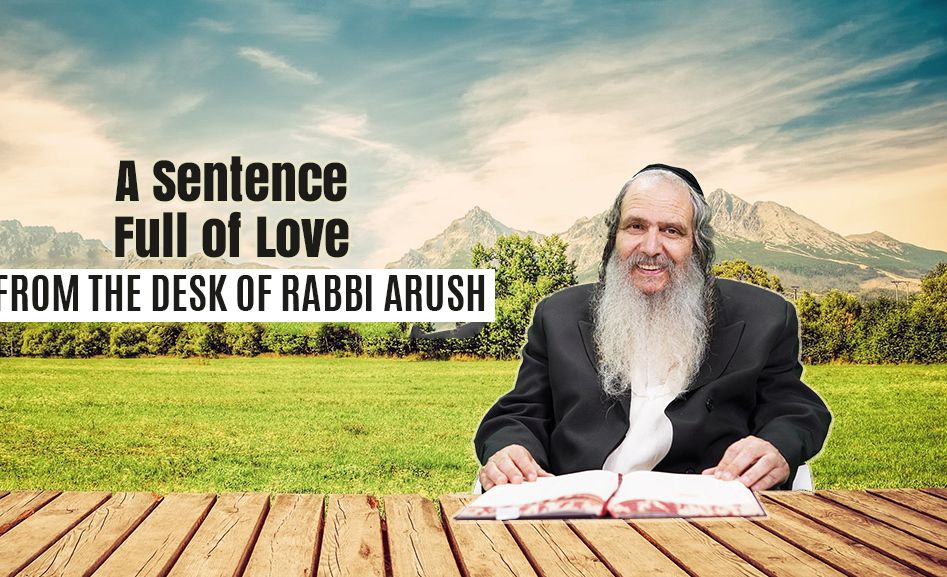


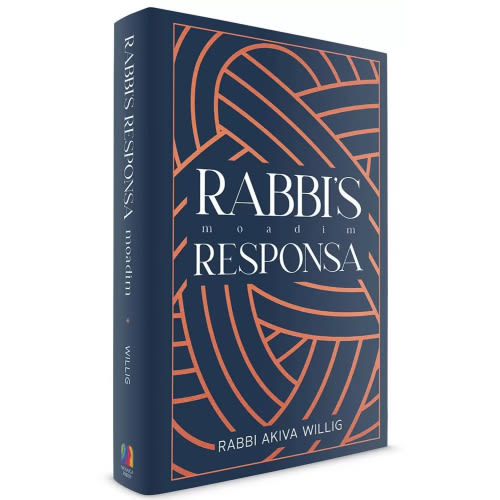
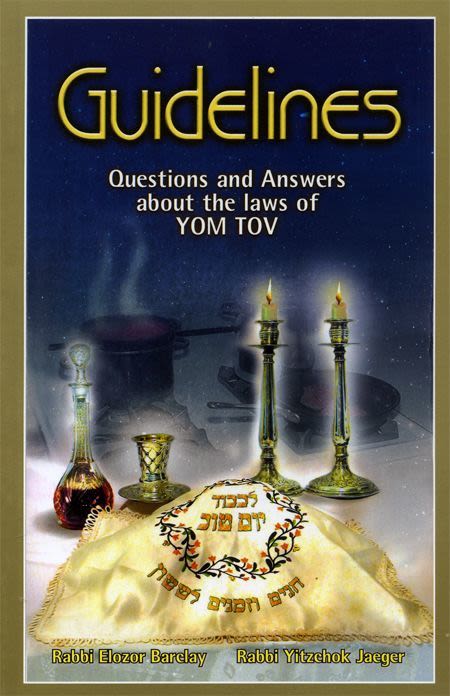
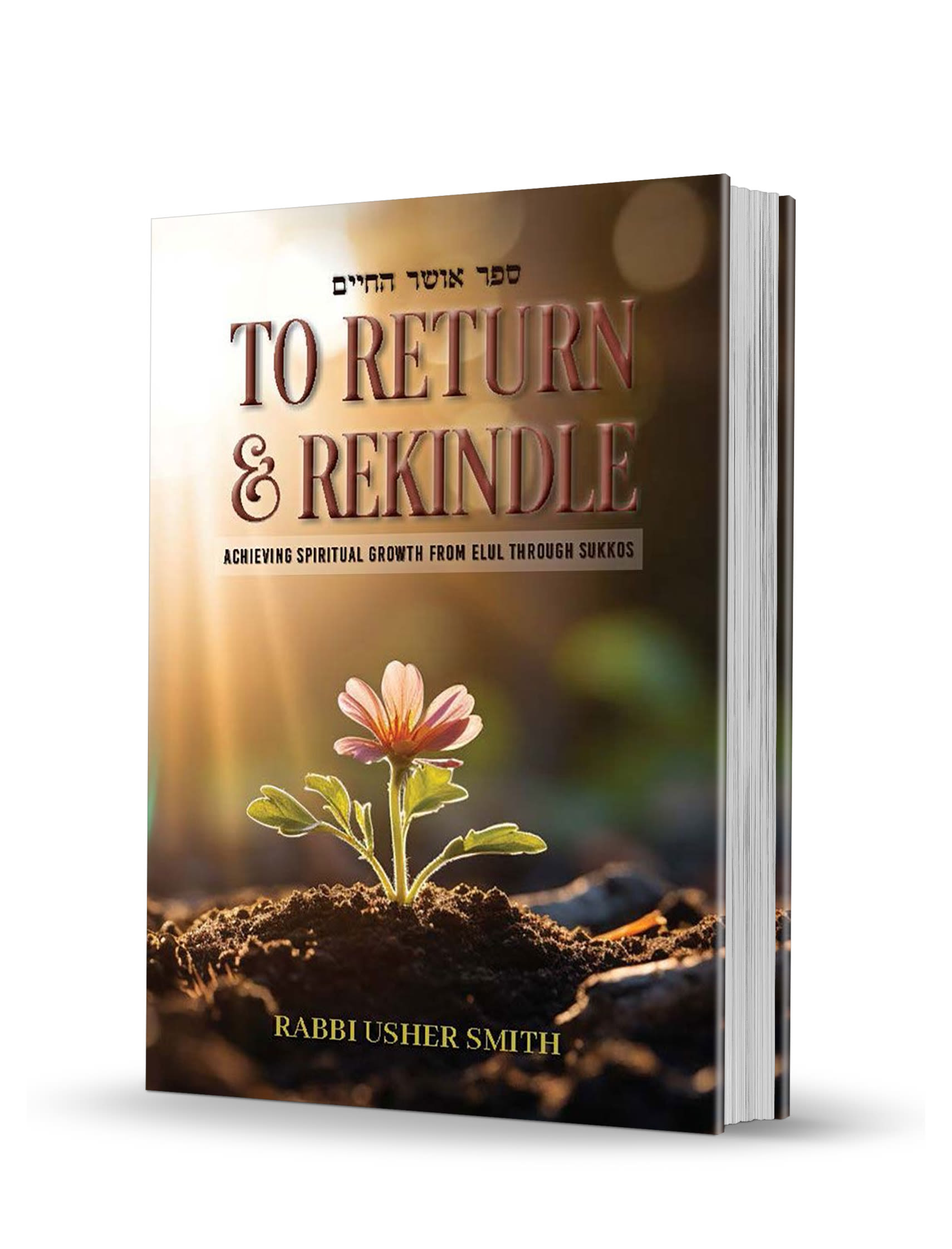

Tell us what you think!
Thank you for your comment!
It will be published after approval by the Editor.